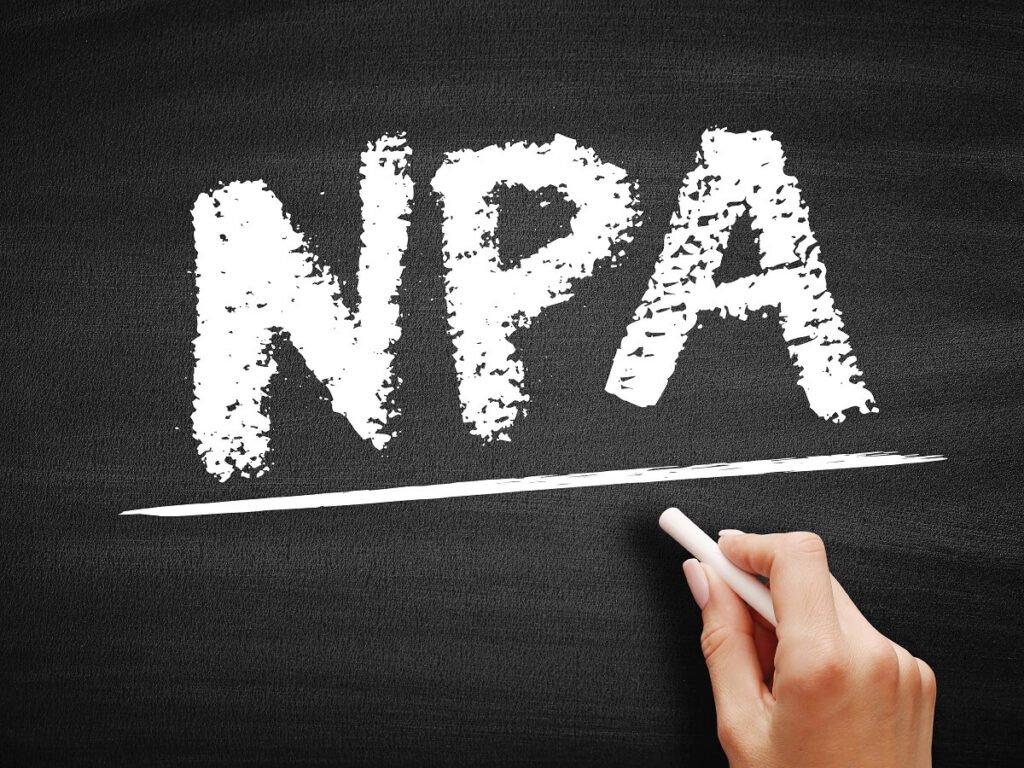The Punjab and Haryana High Court in “AU Small Finance Bank v. State of Punjab and Others” has strongly criticized revenue authorities for failing to comply with a lawful order of Section 14 under the SARFAESI Act, 2002. The case was brought by Bank, which had obtained a possession order in February 2025 for a secured property, but local officials delayed its execution without justification.
The Bench, led by Chief Justice Sheel Nagu and Justice Ramesh Kumari, observed that such negligence weakens the entire recovery mechanism under the SARFAESI Act. “Non-Performing Assets are a burden on the public exchequer. Prompt enforcement is essential for financial stability,” the Chief Justice said. Despite a clear legal mandate, the Tehsildar-cum-Duty Magistrate failed to carry out the order. The Court reminded authorities of the binding precedent set in Bank of Maharashtra vs. District Magistrate, Hisar (2024), which specifies strict timelines for executing such directives.
Highlighting repeated non-compliance, the Court suggested that officials are either unaware of the law or deliberately ignoring it. It ordered the Chandigarh Judicial Academy to hold a special training programme for all District Magistrates and Tehsildars across Punjab, Haryana, and Chandigarh. Saurav Goyal, the top banking lawyer said that the Hon’ble Court has also observed that any future failure to act on Section 14 orders will be treated as contempt of court.
